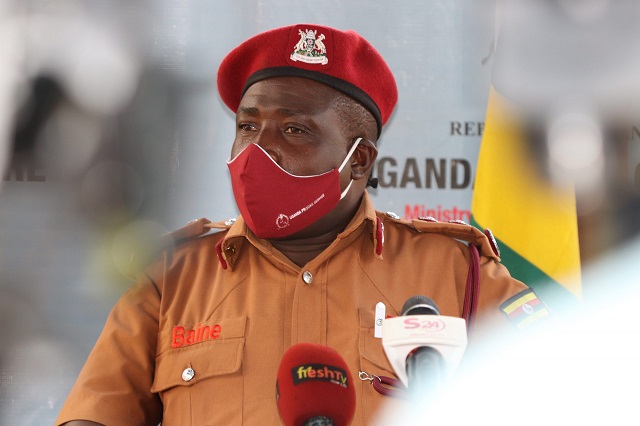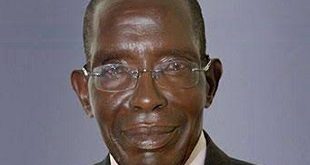
Kampala, Uganda | THE INDEPENDENT | The Uganda Prisons Service-UPS is stuck with close to 7,000 inmates whose trial has stalled for more than two years.
Frank Baine, the spokesperson of the Uganda Prisons Service says that 4,440 suspected capital offenders completed their mandatory six-month remand period and were committed for trial in the High Court and another 2,472 are still waiting for committal to the High Court for trial.
This implies that the suspects are caught between two stages. In such a scenario, they cannot apply for bail, yet they are not yet convicted. According to Baine, the prisons service has all the committals and has been waiting for trials to start over the last two years. He adds that if the Justice system was fast, some of the suspects in this category would be out of the judicial system.
“All these in essence are part of what is contributing to the congestion in the prisons and we are of course appealing to the Justice Law and Order sector stakeholders to expedite these cases so that these people’s fate is determined,” Baine said.
Judiciary spokesperson Jameson Karemani attributes the problem of stalled capital offenders’ trials to lack of funds to organize High Court sessions, yet during the same time, the country was battling the COVID-19 pandemic which scaled down the court activities. According to Karemani, a single High Court session costs about 40 million Shillings.
“The problem; one is lack of funds for sessions. We don’t have the funds to organise sessions in the High Court. I wouldn’t want to say the manpower because we could deal with what we have and handle the sessions but the funds are not there. And of course, this pandemic also adds on the delay,” Karemani said.
Dr Livingstone Ssewanyana, a renowned human rights activist also believes underfunding of the judiciary is one of the major reasons for the case backlog. This according to Dr Ssewanyana has stalled the judiciary’s proposal to have a magistrate at every district level.
“The current plan is to have a magistrate at every district and have a court of appeal at every region. If that would be possible, it would decongest the prison. Also currently, there is limited use of alternatives such as community service program, pre-bargaining,” Dr Ssewanyana said.
Another reason Dr Ssewanyana cites that could be causing case backlog and congestion in prison is the government’s criticism of the judiciary especially on releasing suspects on bail. When the bail avenue is threatened, Dr Ssewanyana says it means going for full trial is the remaining option.
*****
URN
 The Independent Uganda: You get the Truth we Pay the Price
The Independent Uganda: You get the Truth we Pay the Price


